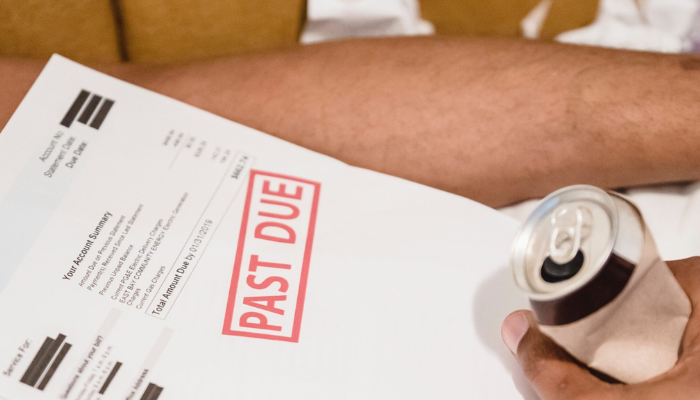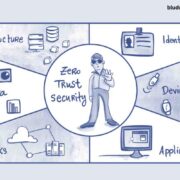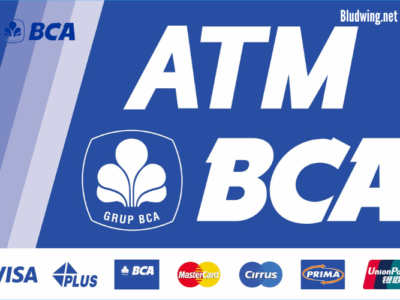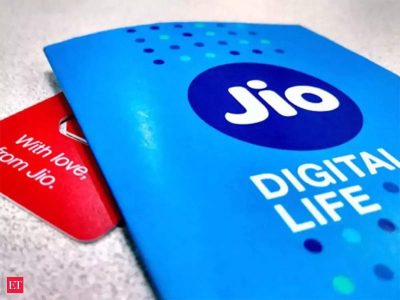Debt management is an important personal finance skill to have. It doesn’t matter if you are in debt or not, understanding how to manage debt can help you to stay out of debt and even get out of debt if you’re already in it.
Understanding Debt
The first step in managing debt is to understand what debt is. Debt is an obligation to repay a loan or other type of credit. Loans can be for any purpose, such as a car loan, student loan, or mortgage loan. Credit cards are also a type of debt, although they are usually referred to as revolving debt because the balance can be paid off and then used again.
Types of Debts
The most common types of debts are secured and unsecured. Secured debts are backed by an asset, like a car or a house, and if the debt is not paid, the lender can take possession of the asset. Unsecured debts, like credit cards and medical bills, are not backed by an asset and, if not paid, the lender can take legal action but cannot take possession of the asset.
Ways to Manage Debt
There are several ways to manage debt. The most important is to make sure that you are making regular payments and paying more than the minimum required. This will help you pay off the debt faster and save money on interest. You can also use a budget to keep track of your spending and prioritize debt payments. Finally, you can contact your creditors to negotiate lower payments or interest rates.
Strategies for Getting Out of Debt
Once you understand debt and have the plan to manage it, you can start to get out of debt. The best way to do this is to pay off the debt with the highest interest rate first, as this will save you the most money in the long run. You can also consider consolidating your debt into one loan with a lower interest rate, and you may be able to use a balance transfer credit card to get a lower interest rate.
Staying Debt Free
The best way to stay out of debt is to avoid using credit cards and loans. If you do use them, make sure to pay off the balance in full each month so that you don’t accrue interest. You should also create a budget and stick to it to help you manage your finances and avoid overspending.
Conclusion
Debt management is an important personal finance skill to have. Understanding debt, types of debts, ways to manage debt, strategies for getting out of debt, and staying debt-free are all key components of debt management. By following these steps, you can get out of debt and stay debt-free for good.

















Comments